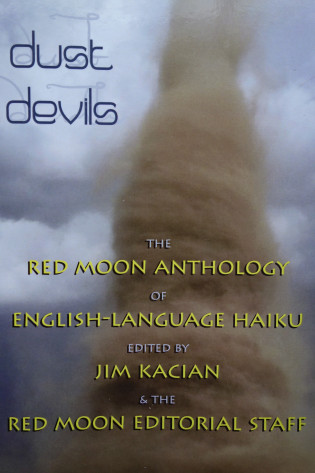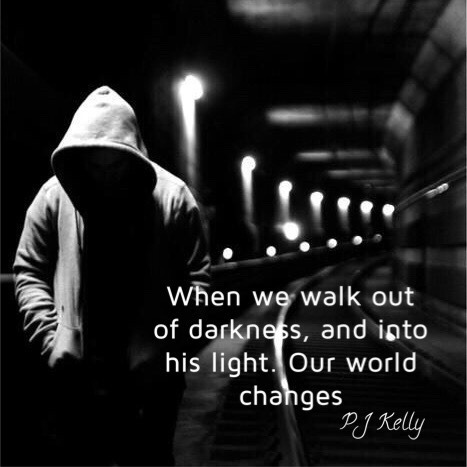Mat Johnson is an American writer who works in both prose and the comics format of literary fiction. Johnson was born and raised Philadelphia, where he grew up in the Germantown and Mount Airy communities of his hometown city. He now resides in Houston, Texas.

His mother is African-American, his father is Irish-Catholic, and he also has two kids although it is unknown if he has a wife. Johnson has 4 Novels (Drop 2000, Hunting in Harlem 2003, Pym 2011, Loving Day 2015);1 Nonfiction (Great Negro Plot, 2007); 4 Comics (Hellblazer Special: Papa Midnite 2005, Incognegro 2008, Dark Rain: A New Orleans Story 2010, Right State 2012) He has won many awards and gained recognition for his work. He writes about racial acts and events of the past relating to African-Americans. He also writes about his life as a professor and educator.Writing about education and his success in life gives him academic advantage. He has experienced what a lot of African-Americans face in poverty today, explaining explicitly his situation from his childhood which related to and touched the lives of so many people.
In Johnson’s audio essay Vanishing Middle Class, he talks about how he grew up in poverty and the situations he and his mother faced. For example, “My mom couldn’t pay the bills on time during this period because she was generally broke… Without sufficient funds some months, she had to choose: Which bill could get paid? Which bill could get paid late? Which bill couldn’t get paid that month at all?’ (Johnson 2). Johnson is explaining how his mother not only dealt with being poor, but the fines of being poor which included bills shut offs, reactivation fees, which she calls the “poverty tax” (Johnson 7). I’ve had a similar life and experienced situations like Johnson’s, from shut off notices, overdraft fees and more, but it was not as rough as he had it. Johnson explains how he grew up in poverty as well, as I quoted previously about his mother deciding which bill would get paid and which would not. I grew up in poverty, my family wasn’t as fortunate as we should have been. After I was born my mother was diagnosed with MS, which put an end to her work and was put on disability checks. At an early time in his life Mat Johnson lived in a predominantly black neighborhood at the time of the highest point of the black power era. Being black but having the appearance of a white boy made Johnson standout and not fit in with the other kids. He would think of how his appearance would give him an advantage in another time and era: he would go “Incognegro” as a race spy in the war against white crime and supremacy. Of course as he got older these ideas went away. As he’s in college he reads about Walter White, the former head of NAACP (National Association for the Advancement of Colored People), as he had an appearance of even paler than Johnson. This gave him the perk of seeming to be a white man to investigate lynching. After discovering this and how it related so much to his childhood dreams, it inspired Johnson to write a story. He then made the comic Incognegro; a non-fiction comic about an undercover spy that investigates lynchings, and through the use graphics it is explicitly explained what happened at these lynchings. This comic is told in third-person and first-person point of view with the word choice that fits perfectly for the time era that the comic takes place.The idea that he’s teaching history while making it entertaining draws me in to read more. I am intrigued just by this portion of one of his stories: I would love to read more of this comic!
In “Watch Me Go Invisible”, Sinead Moynihan talks and summarizes Mat Johnson and Warren Pleece’s theme of racial passing in Johnson’s graphic comic Incognegro. Johnson uses his own experience of having light skin to tell the story of a journalist who’s in the same living conditions but in the age of the early 1900’s. Posing as a white man during lynching events as a photographer’s assistant, he gained information about the people who were involved in the lynching such as names, photos and addresses. Moynihan states, “I am particularly interested in two aspects of Incognegro’s hybrid- ity, one of which relates to content, the other to form.” (Moynihan 46) Here she speaks of how unique of a writer Mat Johnson is; he’s so different and brilliant that his works or art cannot be compared to any other. She supports this with contextual evidence to back up her statement:
First, in terms of content, the collaborators make several significant revisions to the comic book’s signature character, the superhero, amalgamating the conventions of the superhero story with those of passing narratives in order to destabilise some of both genres’ most telling assumptions. Second, in terms of formal devices, this essay examines the particular combination of visual and textual vocabularies deployed in Incognegro to portray the ambiguously-raced subject, comparing it to the ways in which such subjects have been racially-encoded in more conventional literary and cinematic narratives of passing. (Moynihan 46)
She thoroughly explains how the creation of a signature character that represents the theme of this novel and his use of vocabulary and literary devices captures and maintains the attention of his readers.
Mat Johnson is a special type of writer, creating intriguing, non-fiction literary works with characters in historical events like none other. He definitely has privilege as a writer and a historian because he can analyze African-American history and explain it through literature. His novels are entertaining and at the same time educating the reader about black history. After reading parts of his novels and watching interviews of him, I concluded that he tries to educate and enlighten us about the time era from the 1800s to racism today by broadcasting it in a way that sensitizes the minds of people of all races. If I could meet Mat Johnson, I’d ask what was his purpose and message throughout his books. I predict that his future writings will become something bigger than just entertainment, most likely in movements of EJI as they are working to promote information from this time era and educate the world, just like Johnson. The works of the two could create so many great possibilities!
Works Cited
Johnson, Mat “Vanishing Middle Class.” NPR, 22 June 2016,
http://www.npr.org/2016/06/22/482135775/what-its-like-to-be-a-part-of-the-vanishing-middle-class
— Incognegro, DC Comics, 2006, pp.1-10.
Moynihan, Sinéad. ““Watch me go invisible”: Representing Racial Passing in Mat Johnson and Warren Pleece’s Incognegro.” South Central Review, vol. 32, no. 3, Fall 2015, pp. 45-69. Project Muse, https://doi.org/10.1353/scr.2015.0027
Advertisements Share this:





